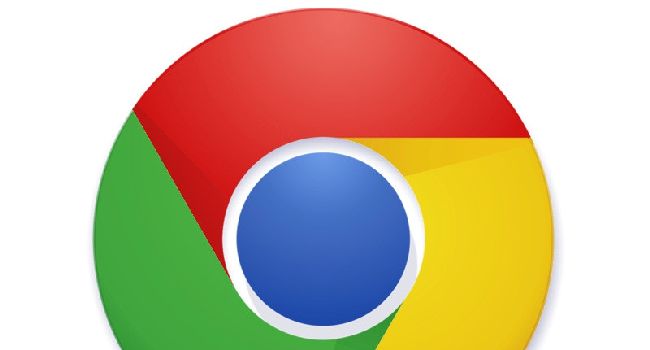Black Friday 2025 has arrived, and HONOR is giving South Africans an early advantage with one of its biggest seasonal promotions yet. Running from…
Microsoft’s ‘Spartan’ browser may support Google Chrome extensions

It’s no secret that Microsoft’s Internet Explorer was a massive flop this decade, taking a beating from the likes of Chrome and Firefox in the power user stakes. Realising this, Microsoft has been developing its next-gen browser behind closed doors to form part of its Windows 10 ecosystem.
Codenamed “Spartan“, piece of code will likely go a long way to rectifying IE’s terrible street cred, and news has surfaced of Microsoft’s cunning plan.
Read more: 10 things you should know before Microsoft’s Windows 10 mobile event
Neowin has today reported that Spartan and Google Chrome extensions may hold hands in the future, with the browser supporting Chrome extensions natively.
Essentially, what this means for developers is fewer late nights and less pain. There would be no need to rewrite extensions for Microsoft’s browser which is a cumbersome and time consuming annoyance.
Additionally, this indicates that the swathe of extensions available to Chrome will be available to Spartan — great for consumer options and competition between extensions.
Neowin’s report mentioned an interesting piece of JavaScript that might be a glaring clue:
There is actually evidence that you can look at today to see this, which our sources confirmed is accurate, that shows how similar Spartan extensions are to Chrome: WrapMsBrowserExtensionPageAndBackground.js was posted up on Pastebin by h0x0d, which was extracted from a build of Windows 10, and shows the similarities between the two extension platforms. More so, Chrome is specifically mentioned in the commenting of the js file too.
It’s quite brilliant, but is it true?
It would make bundles of sense for Microsoft if it is. Internet Explorer had and still has a clunky, overweight plug-in system that was a gaping hole in the browser’s perimeter fence. It also means that power users can bulk up the browser in any way they should desire — Adblock, Ghostery and JavaScript blockers are all fair game.
There’s talk of Microsoft shipping both browsers in the Windows 10 ecosystem but more information should be made available later today at Microsoft’s Windows 10 event.

